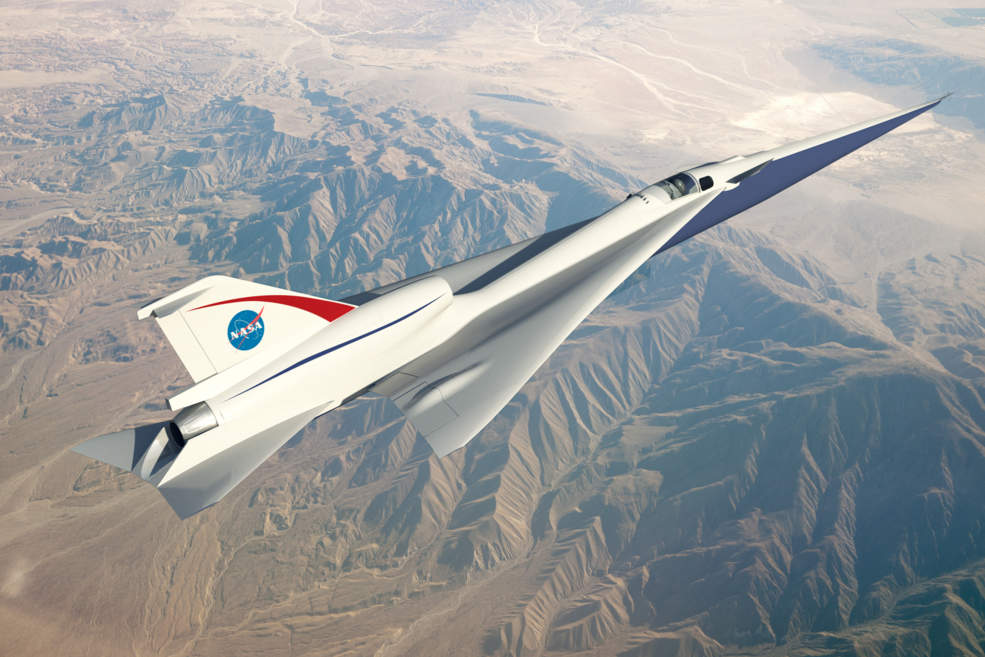NASA to jump-start X-plane research for greener aviation

The Quiet Supersonic Technology, or QueSST, concept is in the preliminary design phase and on its way to being one of NASA’s first X-planes. SCREENGRAB FROM NASA
The National Aeronautics and Space Agency (NASA) has skyrocketed “The New Aviation Horizons” initiative, a campaign that will pioneer the invention of airplanes that will be fueled by ‘clean and green energy’.
The initiative, announced in February, is a blueprint campaign to design, construct, and launch X-planes within the next ten years to spearhead green aviation technology. The planes that would be built will burn nearly half of the fuel and belch 75 percent less smoke and pollutants in every flight.
Also, the cutting-edge prototype will be ‘quieter’ since it will produce less noise from take-off and landing.
“They certainly are all interesting in their own way. Each one of them has a unique place in aviation that helps them make their mark in history,” said Bill Barry, NASA’s chief historian, in a press release. “And they are really cool.”
The 7-month, $20 million (935 million PHP) contract was granted to aerospace company Lockheed Martin. It needs to design the X-plane prototypes for Quiet Supersonic Technology (QueSST).
Originally known as XS-planes for eXperimental Supersonic and later acronymized to X-planes, NASA envisions to enlarge its research capabilities in making the aviation industry more efficient by reminiscing the significance of the first ‘A’ in NASA, according to tech sites TechCrunch and Gizmodo.
This ‘small step’ by NASA is a ‘giant leap’ in the global campaign to trim carbon emissions and airline consumption of fossil fuels.
Lockheed Martin will reveal its X-plane blueprints on October this year. Gianna Francesca Catolico, INQUIRER.net